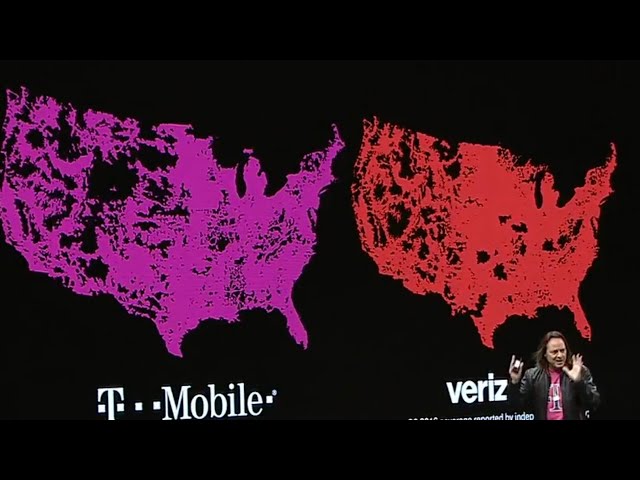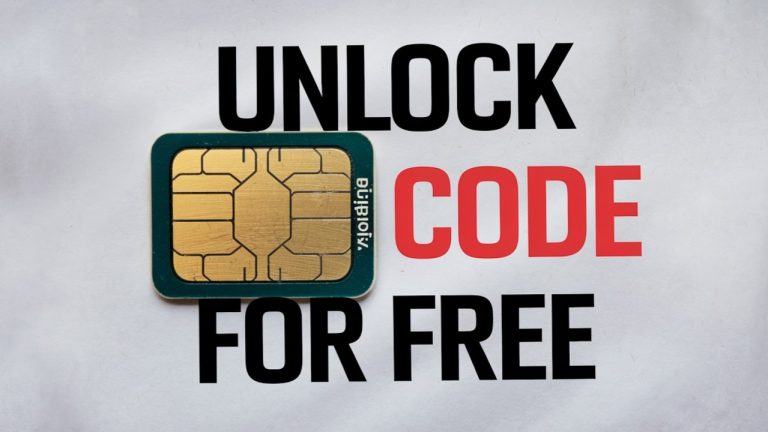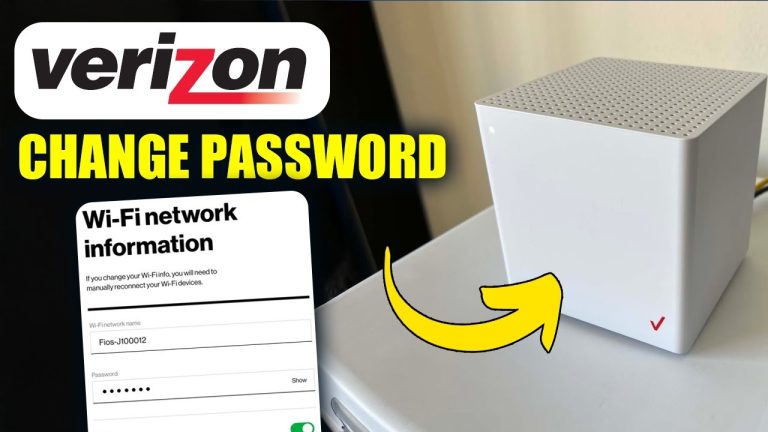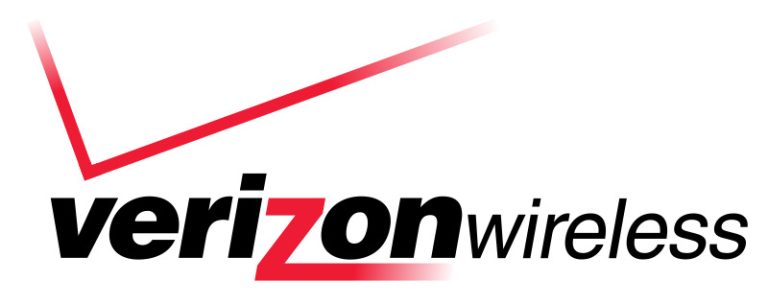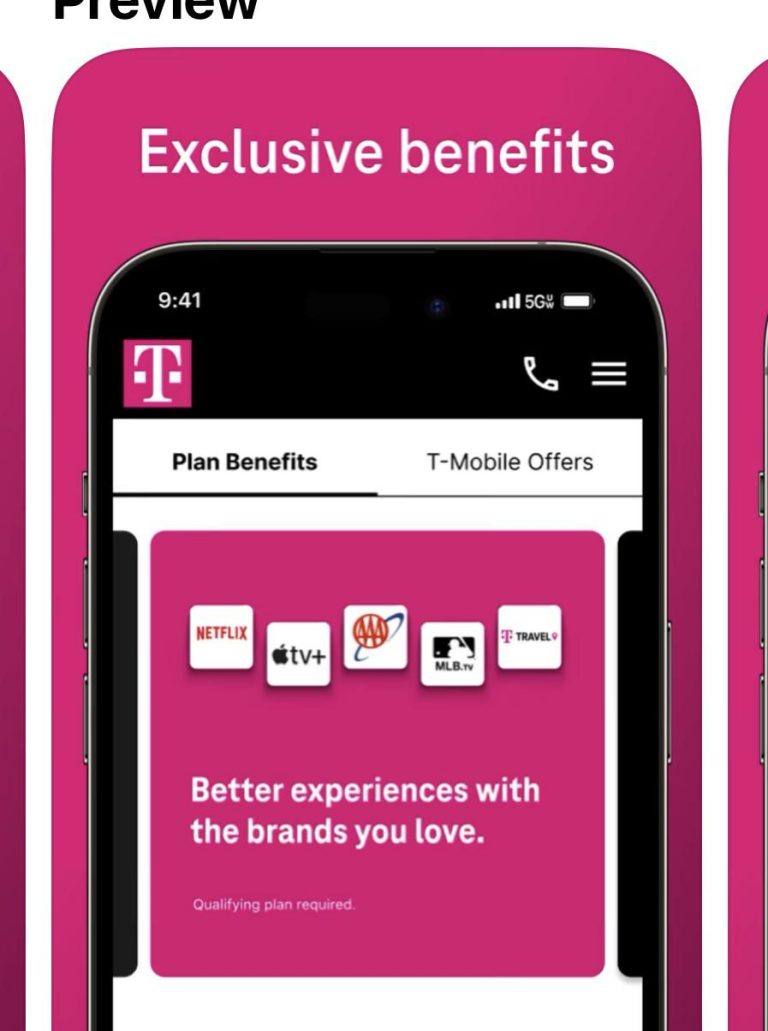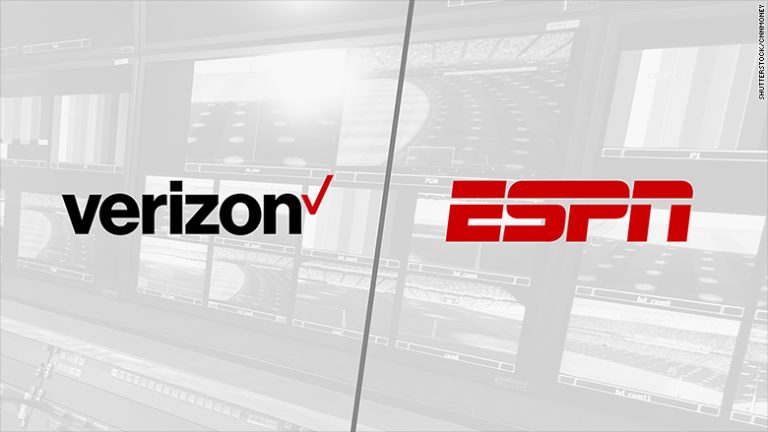When choosing a major wireless carrier in the US, two names consistently rise to the top: Verizon and T-Mobile. Both offer nationwide coverage, fast 5G speeds, and feature-packed plans. But the question many consumers ask is, is verizon better than t mobile? The truth is, neither carrier is universally “better” – the best choice depends entirely on your individual needs, priorities, location, and budget. Let’s compare them across key areas.
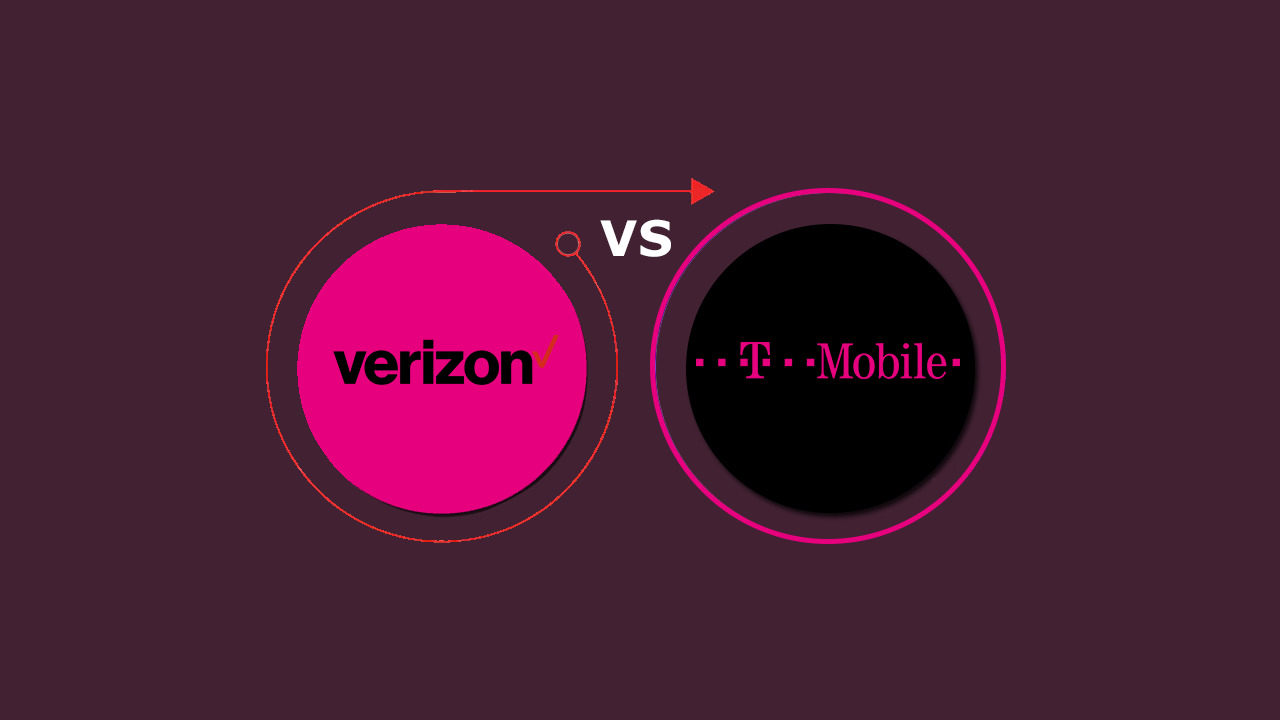
Contents
Network Coverage: Reliability vs. 5G Reach
Coverage is often paramount, and the two carriers have different coverage profiles:
- Verizon’s Strength: Overall Reliability & 4G: Verizon has built its brand on network reliability and boasts extensive 4G LTE coverage, often considered top-tier, especially in many rural parts of the country. While its high-speed 5G Ultra Wideband network offers incredible performance, its geographic footprint is smaller than T-Mobile’s overall 5G network. Verizon consistently wins awards for overall “Coverage Experience” (measuring where people live, work, travel) in some reports.
- T-Mobile’s Strength: 5G Availability: T-Mobile aggressively deployed its 5G network using crucial mid-band spectrum, giving it the largest and most widely available 5G network in the US by most independent measurements (Ookla, Opensignal, RootMetrics). If having a 5G signal (including their fast “Ultra Capacity 5G”) in more places is key, T-Mobile holds a significant advantage. Their 4G LTE network is also comprehensive, though historically slightly less geographically vast than Verizon’s.
Verdict: If maximum 5G availability is your goal, T-Mobile currently leads. If proven overall network reliability and strong 4G LTE reach (especially in some rural zones) are more critical, Verizon often has the edge. Always check official coverage maps for your specific locations.
Read more about: verizon customer service
Network Speed & Performance: Average vs. Peak
Both carriers offer fast speeds, but testing reveals different strengths:
- T-Mobile: Leading Average Speeds: Independent speed tests from firms like Ookla and Opensignal consistently show T-Mobile delivering the fastest average 5G and overall download/upload speeds nationwide, often significantly outpacing Verizon. They also score highly on network consistency.
- Verizon: High Peak Speeds & 5G Experience: While average speeds may trail T-Mobile in broad testing, Verizon’s 5G Ultra Wideband network can deliver extremely high peak speeds where available. Verizon also frequently wins awards for specific 5G experience categories like gaming or video streaming reliability in reports from Opensignal and RootMetrics.
Verdict: T-Mobile offers faster average speeds for most users in most places. Verizon provides potentially higher peak speeds via 5G Ultra Wideband in its coverage zones and maintains a strong reputation for network quality and reliability.
Plans & Pricing: Perks vs. Flexibility
Both offer tiered unlimited plans, but differ in structure and value:
- T-Mobile: Often slightly less expensive, especially as taxes and fees are typically included in the advertised price of their main Go5G plans. Higher-tier plans (Go5G Plus, Go5G Next) come with bundled perks like Netflix, Apple TV+, generous international roaming benefits, and free in-flight Wi-Fi.
- Verizon: Plan pricing is competitive but usually does not include taxes and fees. Instead of bundling perks, Verizon uses its “myPlan” system, where customers on Unlimited Welcome, Unlimited Plus, or Unlimited Ultimate plans can add optional perks (like the Disney Bundle, Apple Music, extra hotspot data, TravelPass days) for a flat fee (typically $10-$15) per perk each month. This offers flexibility but can increase the total cost. Verizon’s higher-tier plans generally offer larger high-speed hotspot allowances than T-Mobile’s equivalents.
Verdict: T-Mobile often presents better upfront value with taxes included and bundled perks. Verizon offers more flexibility to customize with add-on perks via myPlan.
Prepaid Options
Both carriers offer competitive no-contract prepaid plans with various data options, including unlimited tiers. Pricing is generally lower than postpaid. T-Mobile’s prepaid options start around $40/mo for limited data, while Verizon’s start around $35/mo (with autopay). MVNOs using their networks (like Mint Mobile on T-Mobile or Visible on Verizon) often provide even cheaper alternatives.
Customer Service
Rankings fluctuate, but recent trends often show:
- T-Mobile: Frequently leads among the major carriers in overall customer satisfaction surveys (like PCMag Readers’ Choice).
- Verizon: Often ranks highly in network quality reports (like J.D. Power, measuring fewest problems) and maintains strong reliability scores in tests (like Opensignal).
Verdict: T-Mobile seems to edge out in recent satisfaction surveys, while Verizon often leads in technical network quality metrics.
The Bottom Line: Is Verizon Better Than T Mobile?
There’s no single winner for everyone. The answer depends on what you value most:
- Choose Verizon if: Your absolute top priority is overall network reliability and consistent coverage (especially strong 4G LTE), you need service in specific rural areas where Verizon excels, or you live/work in a 5G Ultra Wideband zone and want the potential for the highest peak speeds, and you prefer picking specific plan perks à la carte.
- Choose T-Mobile if: Your priority is having the widest access to 5G coverage, achieving the fastest average download/upload speeds, you value bundled perks like streaming services and international benefits, and you prefer pricing that includes taxes and fees.

